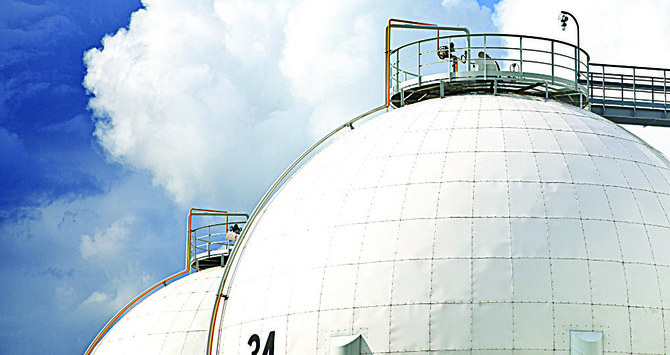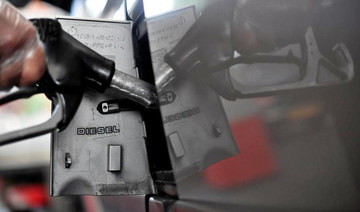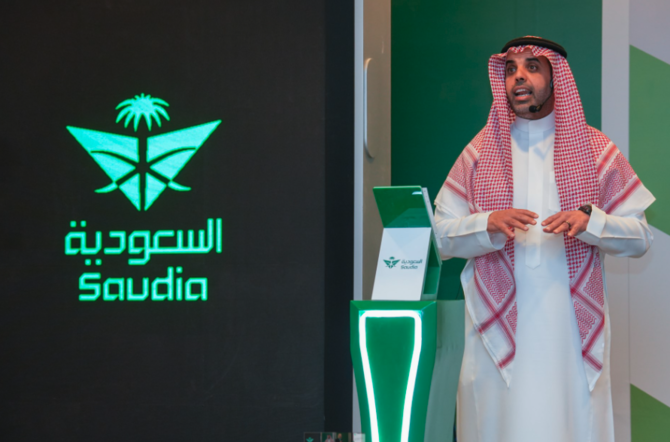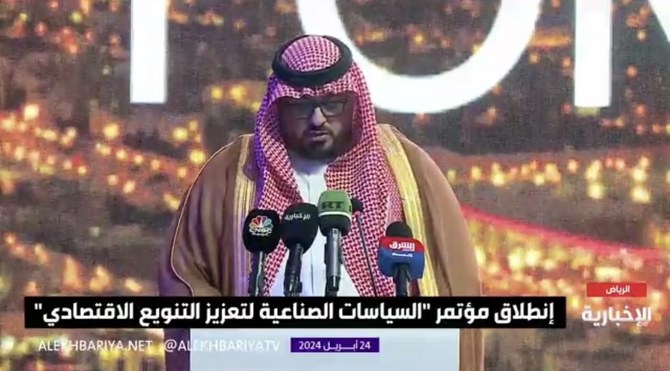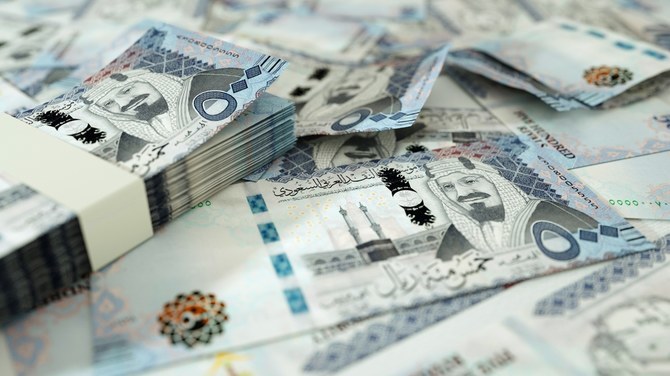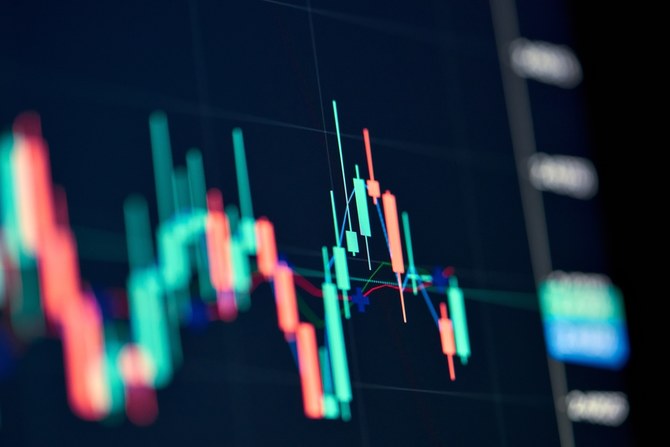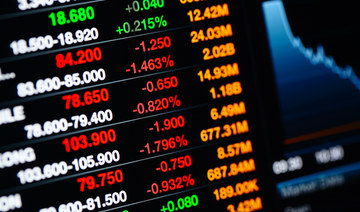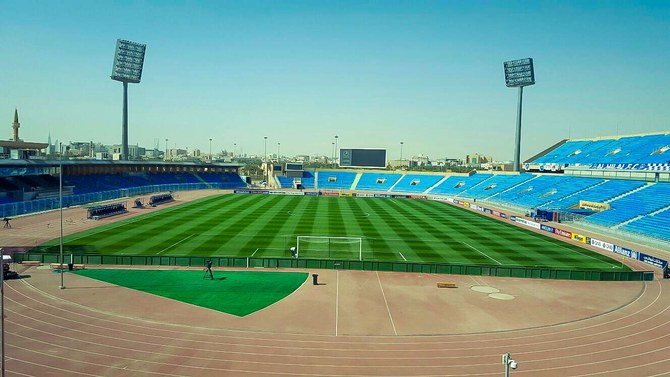LONDON: Brimming diesel inventories and stronger oil prices are driving down refining profits, stifling incentives to hike production even as fuel demand recovers from the coronavirus hammering.
European cracks, the profit margin for producing diesel from crude, has hit an all-time low, while cracks in the US and Asia have also plummeted.
With diesel accounting for around 50 percent of the output of an average refinery, any weakness hits refiners’ recovery plans.
Dozens of tankers carrying diesel are moored off Europe’s coast as refiners in Asia, the Middle East and the US wait to find a buyer.
“The situation looks awful,” an executive at a big European refiner said.
Consumption, particularly by airlines, is expected to take years to recover to pre-coronavirus crisis levels, pushing many refineries to continue low processing run rates, while some may need to shut down altogether, analysts said.
“This situation is not going away and will only be resolved by refinery closures,” said Robert Campbell, head of oil products at consultancy Energy Aspects.
He said that at least 1 million barrels per day (bpd), or about 1 percent of global refining capacity, would need to close.
The US refined products crack spread, a proxy for refining margins, is hovering around $9 a barrel, compared with nearly $21 at the same time last year, according to Refinitiv Eikon data.
HIGHLIGHTS
● US refining margins halved, Asian diesel cracks slashed.
● Refineries struggle to recover after demand collapse.
● Refiners to keep runs low, some plants to shut.
European diesel margins hit an all-time low of $2.9 a barrel last week, while Asian diesel cracks averaged $4.26 per barrel over Dubai crude in May, compared with an average of $15.49 a barrel for the whole of 2019.
When countries began lockdown measures, refiners boosted output of diesel, used mostly for trucks and industry, given its relative strength compared to gasoline and jet fuel, as people stopped driving their cars and airlines grounded planes.
Many refiners blended unwanted jet fuel into diesel, adding to extra supplies in the market.
In Turkey, the new STAR refinery cut jet fuel production to near zero, said Hedi Grati, a refining analyst at IHS Markit.
As a result, global diesel stocks have swelled. US distillate inventories have risen for nine weeks, reaching 174.3 million barrels in the week to May 29, the highest in a decade.
As more people world returning to their offices and start using cars, the diesel glut is weighing on refineries which now want to meet rising gasoline demand.
US refinery utilization rose to 71.3 percent last week, well below the 91 percent in the same period in 2019.
“Refineries may even have to cut back runs further to get diesel down to where it should be and there’s a big battle refiners are having between gasoline yield and distillate yield,” said Patrick DeHaan, head of petroleum analysis at tracking firm GasBuddy.
With international aviation expected to remain depressed, refiners would continue diverting jet fuel to the diesel pool, further weighing on cracks, Energy Aspect’s Campbell said.



